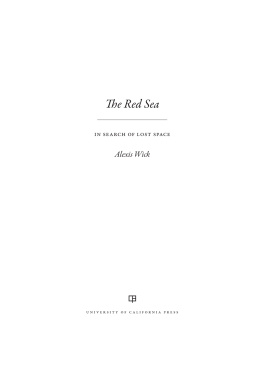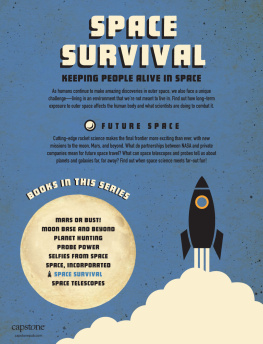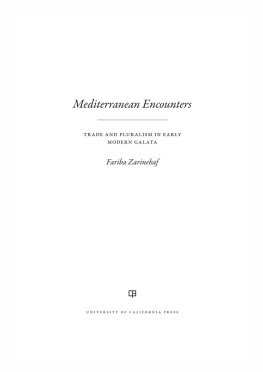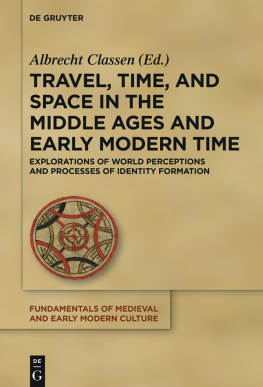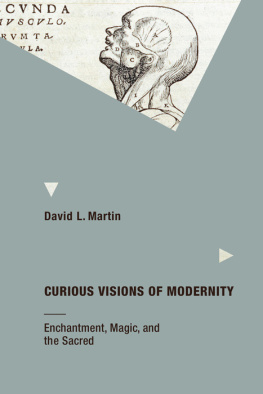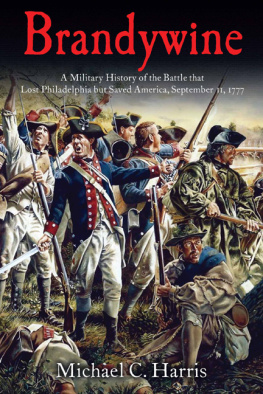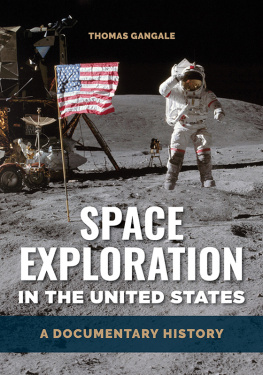ACKNOWLEDGMENTS
This book has been long in the making, and it is with great pleasure, but also some trepidation, that I seize this opportunity finally to show my profound gratitude for the many debts accrued along the way.
For as long as I can remember, things maritime have been an integral part of my life. This, like much else, has a lot to do with my mother and father. Great lovers of the sea, they made a home in Palestine, a land nestled between the eastern Mediterranean and the northern Red Sea, the destination of many of our family trips. I loved the Mediterraneanand indeed, now with a family of my own, we have settled on its coast, drawing from it daily inspirationbut I was spellbound by the Red Sea and its breathtaking wonders. If the Mediterranean embraces like a gentle parent, the Red Sea stuns like a wild lover. There was, then, a clear if subliminal element of predestination to this study, though I think it only now, and it bears in its very subject matter the obvious imprint of my own deep past.
As an academic venture, the project began in earnest with a doctoral dissertation at Columbia University, where I had the luxury of learning amid an embarrassment of scholarly riches. The university as a wholefaculty and staff, students and visitors, buildings and lawns, squirrels and pigeonsand the history department in particular deserve my heartfelt thanks for their collective instruction. The Richard Hofstadter fellowship, the Foreign Language and Area Studies fellowship, and the Fulbright-Hayes fellowship funded me throughout this period.
Richard Bulliet was crucial to the formulation and composition of the dissertation from the start by his encouragement to view the past from the perspective of its many edges. Rashid Khalidi helped me to think about the effects of nationalism on the writing of Ottoman history. Gil Anidjar was key in pushing me to reflect seriously about space and time, knowing and writing. He engaged my earliest ideas and drafts with great generosity and insight. And Timothy Mitchell read the thesis with acumen.
Studying with Joseph Massad was formative. Though he was not formally involved in the dissertation process, his impact on it was significant, especially in thinking through the intricate relationship between history and power. Beyond being a munificent exemplar, he has provided much-needed sustenance (culinary, emotional, and intellectual) over the years, particularly during the writing stints in Cairo and in the first (and last) steps of the publication process. I am humbled by his care.
Graduate studies could never have been so satisfying without the many fellow-travellers on Morningside Heights. I would like to thank Ramzi Rouighi, Nada Moumtaz, Joshua Georgy, Elizabeth Johnston, Beth Holt, and Jason Frydman for the stimulation, merriment, and comradeship, which have helped shape the following pages in more ways than they know. Ramzi and Nada know all too well how many they have read and improved.
The American University of Beirut has become my new nest, professional and personal. The members of the history and archaeology department welcomed me into its tight-knit fold with amazing grace. There could not have been a more seamless and pleasant transition to the postgraduate condition. For their quotidian collegiality, I thank them all, especially Abdulrahim Abu Husayn, whose wit and knowledge are matched by his generosity and hospitality. He and John Meloy read parts of the manuscript with attention and encouragement. I am much obliged also to Tarif Khalidi, Samir Seikaly, Nadia el Cheikh, and Bilal Orfali for the many conversations, and to Provost Ahmad Dallal for his stalwart support.
Vijay Prashad, Lisa Armstrong, Alex Lubin, Mona Fawaz, and Ray Brassier read the whole manuscript out of the goodness of their heart; I thank them for their generosity and critical feedback. In addition to being a magnificent friend and reader, Vijay was instrumental in guiding me through the process of academic publishing.
Outside of my comfort zone, Ian Baucom was the first to read an initial version of this book, and his comments managed to interpret the kernel of my arguments better than I had, convincing me of the larger value of my endeavors. I cannot thank him enough for his inestimable contribution. I am similarly grateful to Isa Blumi and the other two anonymous reviewers, who did the same with a later iteration of the manuscript.
Parts of the following chapters were presented at conferences and workshops in Florence, Beirut, Lamu, and twice Istanbul. I thank the organizers and participants for the opportunity to share this work, especially Anne Bang and Dejanirah Couto, who engineered my participation in important meetings in Lamu and Istanbul respectively. An earlier version of chapter 3 was published in Osmanl Aratrmalar/ Journal of Ottoman Studies 40 (2012): 399434. I am grateful to the editors, Baki Tezcan and Gottfried Hagen, for their helpful comments.

